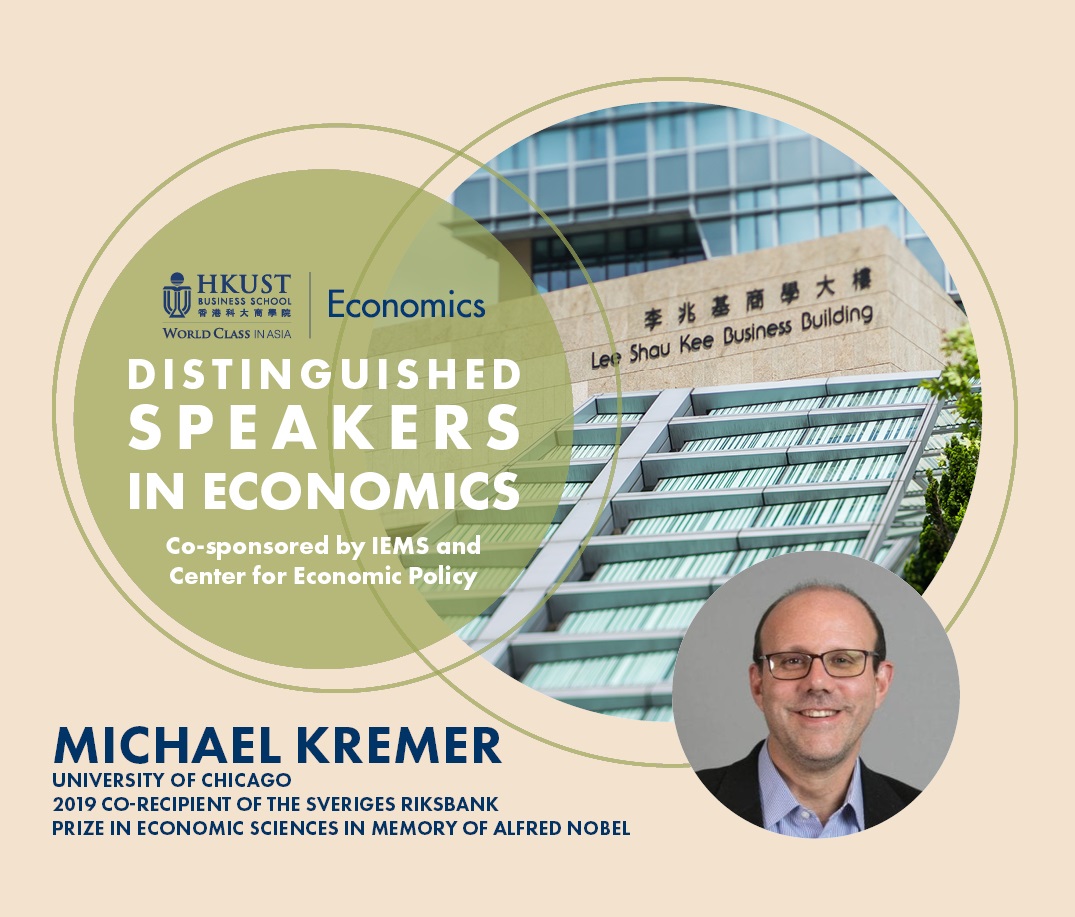Development Economics Action Research
(DEAR)
Development Economics Action Research (DEAR) Program focuses on rigorous evaluation of policy interventions in developing countries. The DEAR Program seeks to become the leading center for such evaluation research in Asia

Photo by Annie Spratt on Unsplash
| Publication
The Role of Career and Wage Incentives in Labor Productivity: Evidence from a Two-stage Field Experiment in Malawi
By Bryant Kim, Seonghoon Kim and Taek Seung Kim
The paper studies how career and wage incentives affect labor productivity through self-selection and incentive effect channels using a two-stage field experiment in Malawi.

Photo by jhudel baguio on Unsplash
| Publication
The Borrowing Puzzle: Why Do Filipino Domestic Workers in Hong Kong Borrow Rather than Dissave?
By Wooyoung Lim and Sujata Visaria
Despite their predictable and regular incomes, Filipino domestic workers in Hong Kong commonly finance large expenses through interest-bearing loans rather than savings. This paper conduct an analysis of survey data and the records of a credit cooperative for migrant workers.

| Seminar
Distinguished Speakers in Economics Series
Speaker: Michael Kremer (U of Chicago)

Photo by hiurich granja on Unsplash
| Working Papers
Performance Evaluation, Influence Activities, and Bureaucratic Work Behavior: Evidence from China
By Alain de Janvry, Guojun He, Elisabeth Sadoulet, Shaoda Wang, Qiong Zhang
Subjective performance evaluation is widely used by firms and governments to provide work incentives. However, delegating evaluation power to local senior leadership could induce influence activities: agents might devote much effort to pleasing their supervisors, rather than focusing on productive tasks that benefit their organizations. This study conducts a large-scale randomized field experiment among Chinese local government employees and provides the first rigorous empirical evidence on the existence and implications of influence activities. It is found that employees do engage in evaluator-specific influence to affect evaluation outcomes, and that this process can be partly observed by their coworkers. However, introducing uncertainty in the identity of the evaluator discourages evaluator-specific influence activities and significantly improves the work performance of local government employees.
